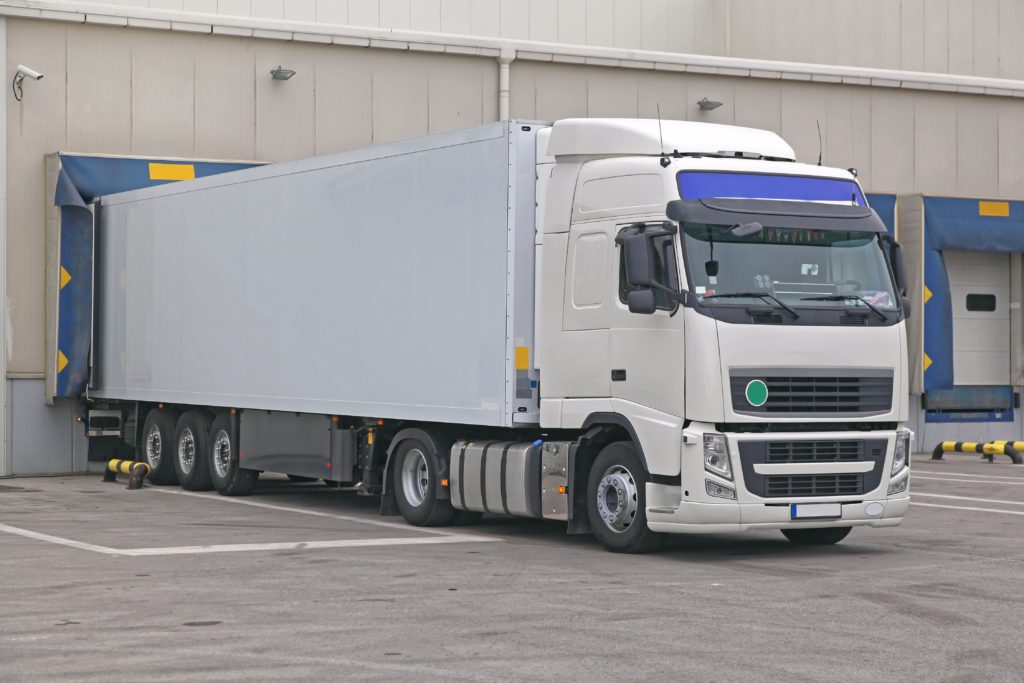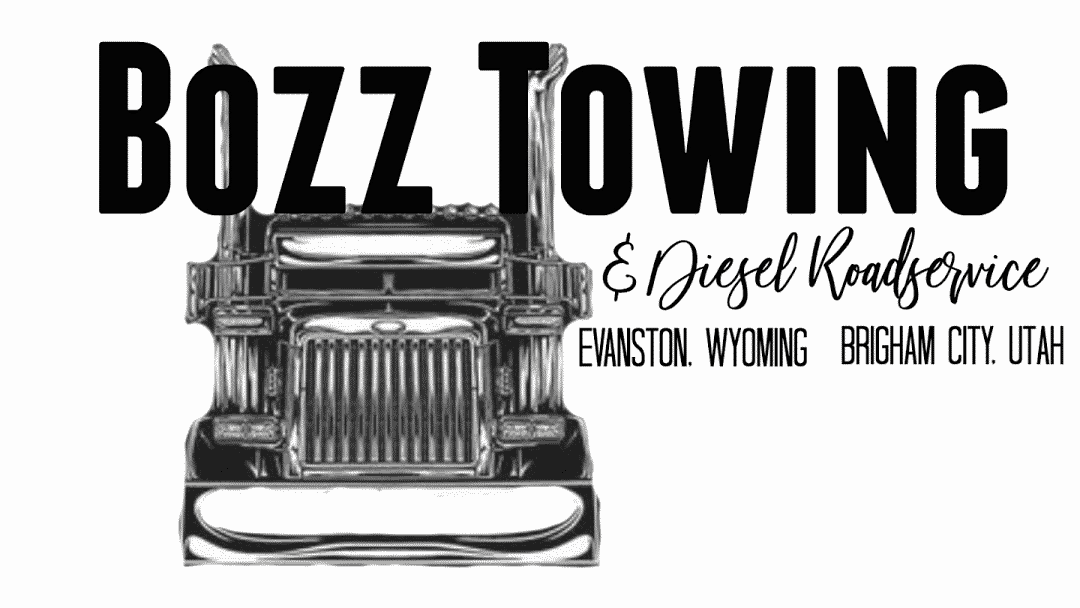What is towing capacity? It is a calculated measurement of the total weight your vehicle can tow at maximum capacity.
CDL drivers and business owners new to the trucking industry commonly ask this question. When driving a large rig, it is critical to understand load capacity for safety regulations and how the weight affects transport. Here is a guide to calculating towing capacity and how this differs based on fleet type.
Understanding Towing Capacity
The towing capacity of a vehicle is measured in pounds or tons typically. The total weight calculates the type of engine, transmission, axle ratio, and suspension installed in the truck. If you are unaware of your truck’s towing capacity, it risks road safety practices during transport. An overweight towing capacity can alter the fleet’s ability to brake and stop safely. When scheduling tow routes, confirm the total weight limits to reduce safety risks for the driver and others on the road.
A Guide to Towing Measurements
There are measurements to know about tow capacity in the trucking and towing industry. Here are eight towing terms to understand.
Gross Vehicle Weight Rating (GVWR)
The GVWR is the sum of a vehicle’s curb weight plus payload.
Gross Trailer Weight (GTW)
The total gross weight of a trailer includes cargo, passengers, and optional equipment.
Gross Combined Vehicle Weight Rating (GCVWR)
The GCVWR is the highest possible weight of a vehicle and a trailer when fully loaded.
Gross Axle Weight Rating (GAWR)
The measure of how much weight a vehicle’s axle can safely carry.
Tongue Weight
The amount of downward force exerted on a trailer tongue by the trailer coupler. For optimal stability, the tongue weight should be 10-15% of the total trailer weight.
Curb Weight
The weight of a vehicle without passengers or cargo is the curb weight.
Dry Weight
The dry weight of the truck means without cargo and passengers. It is similar to curb weight, but dry weight refers to the legal limit of a truck’s carrying capacity.
Payload
The combined weight of all occupants, cargo, and freight is a payload.
How to Calculate Towing Capacity
There are a few ways to determine how much weight a truck can tow. The first step is to find out the maximum towing capacity for your specific vehicle model. This information is available in the owner’s manual or the manufacturer’s website. Once this is confirmed, you will need to consider additional trailer weight for possible added cargo.

Additionally, you must factor in the passenger weight riding inside the truck. It is important to note that the maximum towing capacity measures for fully loaded vehicles – so you may want to lower your estimations if your fleet is not carrying a full load.
Lastly, the truck’s condition will also impact how much total weight it can safely tow. If the vehicle is older or not well-maintained, it might not be able to carry as much weight as a newer or better-maintained vehicle.
Maximum weight, passenger weight, full loads, and truck conditions are interdependent measurements that allow you to estimate towing capacity.
Braked vs. Unbraked Towing Capacity
There are two types of tow capacity- braked and unbraked. Braked tow capacity is the maximum weight that can be towed safely by a vehicle with brakes. Unbraked tow capacity is the total weight that is towable without brakes.
As a note, braked tow capacity will always be higher than unbraked tow capacity. However, unbraked can still be sufficient for smaller trailers and campers. It is critical to choose the towing capacity for your current needs. If you are unsure of your tow capacity requirements, it is best practice to consult a professional to help determine this.
Trailer Hitch Classes
There are five types of trailer hitches classes with individual towing capacities. When deciding on a hitch, you must select one suited for the weight of your trailer and vehicle towing capacity. In addition to calculations, the trailer hitch class that can support your truck transport is key to picking the right one. Here is a breakdown of trailer hitch classes by weight limits.
Class I
Class I hitches are the lightest-duty class and are typically used for towing smaller trailers such as pop-up campers. On average, they have a weight rating of up to 2,000 pounds.
Class II
Class II hitches are for medium-duty tows such as boats or ATVs. They have a gross carrying capacity of about 3,500 pounds.
Class III
Class III hitches are for towing larger trailers such as horse trailers or RVs. The weight rating can carry up to 8,000 pounds.
Class IV
Class IV hitches are for mounting on heavy-duty trucks. They can load any weight in trailer hitch classes I to III. The average weight capacity is nearly 14,000 pounds.
Class V
Class V is the most heavy-duty hitch class and can carry up to 20,000 pounds. They are for commercial hitching and extra heavy loads.
Semi-Truck Load Capacity
We heavily emphasize the significance of understanding your semi-truck load capacity in addition to the loss of fuel economy and performance. Trucking companies use capacity ratings to determine how much weight their trucks can carry safely. If the capacity is overloaded based on the truck’s axle weight, it can result in traffic fines.

The federal government has mandates determining how much weight a semi-truck can tow. These regulations are in place to help keep the roads safe and to prevent accidents. The weight limit for a semi-truck towing capacity is 80,000 pounds, meaning the truck can tow up to 80,000 pounds behind it. The laws also state trucks must have a certain number of axles to tow this weight. These regulations ensure trucks are not overloaded and can safely handle the weight.
To measure the capacity rating, take the truck’s empty weight and subtract it from its gross vehicle weight rating (GVWR). Remember, the GVWR is the total truck weight, including the driver, passengers, cargo, trailer, or other towed vehicles. The resulting number is the maximum weight that is safely towable by trucks.
In addition to avoiding fines, you can also extend the life of your truck with these regulations because they can help prevent accidents on the road. Remain a safe and responsible driver on the road for yourself and those around you.
Frequently Asked Questions on Towing
How much weight can my truck tow?
There are a few ways to determine how much weight a vehicle can tow. The first is to reference your owner’s manual because it contains the specific tow capacity for your make and model. Another way to determine tow capacity is to check the vehicle’s place card on the driver’s side door or doorjamb. The last method is to check the manufacturer’s website for the tow chart.
How Much Towing Capacity Does My Truck Need?
There are a few aspects to consider when determining how much tow capacity is required:
- Trailer Types – a lightweight trailer will require less tow capacity than a heavy trailer.
- Terrain – If the truck pulls a trailer up steep hills or drives through mud, there are more tow capacity requirements than flat ground.
- Vehicle safety features – Some trucks have equipment that helps increase tow capacities, such as trailer brakes or sway control.
After this preliminary information, you can choose a vehicle with the right amount of tow capacity for your needs.
Is the GVWR the total weight of a vehicle?
The gross vehicle weight rating (GVWR) is not the final vehicle weight. The GVWR is the maximum total weight of a vehicle and its load, as specified by the manufacturer. GVWR is the vehicle weight plus passengers, cargo, or trailers.
The gross vehicle weight (GVW) is the actual weight of the vehicle and its load at a given time. The GVW will fluctuate depending on how much cargo or the number of passengers in the truck.
What happens if you exceed GVWR?
If you exceed the gross vehicle weight rating (GVWR), it risks vehicle damage and accidents. In addition, there may have difficulty steering and controlling your vehicle. If your fleet is in an accident, you may be liable for damages. Exceeding the GVWR is illegal in most states, which can also result in fines and traffic citations.
Is curb weight the same as empty weight?
Curb and empty weight are often confused but are two distinct units of measure. Curb weight is the weight of a vehicle that includes standard equipment and fluids but without any passengers or cargo. Empty weight is the vehicle weight with nothing inside. Weight determination can be tricky to grasp, as some items considered “standard” may not be installed when it leaves the factory.
Is Your Towing Capacity Overloaded? Bozz Towing Has Your Back
We understand that truck drivers can be unsure if their towing capacity is overloaded. If this is an issue you are experiencing, give us a call. Bozz Towing has industry-trained professionals with the expertise to handle any size load and can get you back on the road safely. Our Utah heavy-duty towing and roadside services offer fast and reliable assistance when you need it most.
Contact us for help with your towing capacity concerns and questions today.

